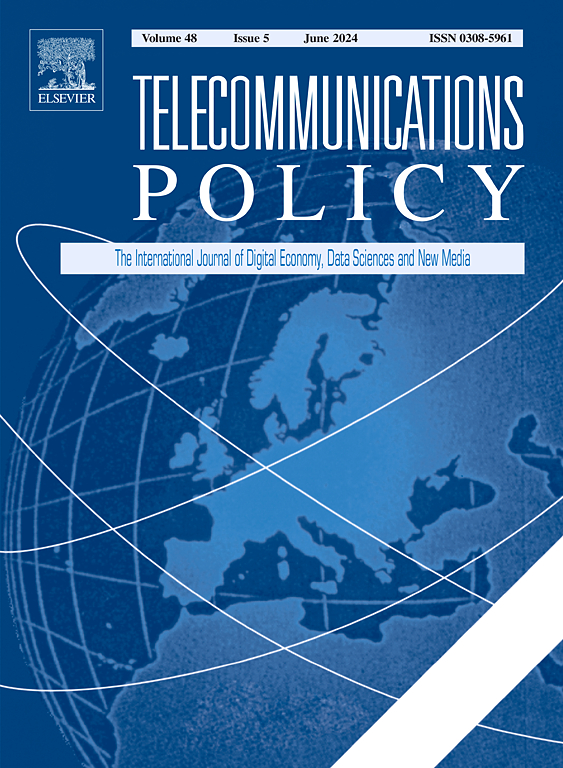保护媒体自由不受人工智能公司的基础设施依赖:欧盟法律的作用
IF 6.4
2区 管理学
Q1 COMMUNICATION
引用次数: 0
摘要
一项新兴的新闻研究表明,媒体机构越来越依赖外部公司提供用于告知公众的人工智能工具,以及开发和部署这些工具所需的基础设施。与此同时,欧盟立法者和法律学者已经制定了新的监管和规范框架,以保护媒体免受大型科技公司的侵害。然而,这项工作关注的是平台对大量受众的控制;目前尚不清楚人工智能公司对新闻编辑室内部基础设施的影响力如何挑战媒体自由。因此,本文探讨了欧洲法律应如何应对媒体对人工智能公司控制的基础设施的依赖对媒体自由构成的挑战。它分两步完成。首先,它评估了为什么媒体对人工智能公司的依赖对媒体自由的基本权利构成了挑战。报告发现,媒体机构对其用于向公众传播信息的人工智能工具中嵌入的价值观失去控制,这是最紧迫的挑战。其次,它探讨了现有欧盟法律在解决媒体对人工智能公司的基础设施依赖的三个条件(算法不透明、锁定效应和资源差距)方面的适用性。它发现,现有的欧盟法律没有充分解决这些问题。然而,特别是针对人工智能工具和底层云基础设施的横向监管确实提供了监管工具,可以应用或调整这些工具,以保护媒体自由,使其免受对人工智能公司基础设施的依赖。本文章由计算机程序翻译,如有差异,请以英文原文为准。
Safeguarding media freedom from infrastructural reliance on AI companies: The role of EU law
An emerging body of journalism studies research has shown how media organizations are growing dependent on external companies to provide AI tools used to inform the public, and the infrastructure needed to develop and deploy these tools. Concurrently, EU lawmakers and legal scholars have developed new regulatory and normative frameworks to safeguard media freedom from large technology companies. However, this work focuses on platforms' control over access to large audiences; it remains unclear how AI companies' power over infrastructure inside newsrooms challenges media freedom. This paper therefore explores how European law should address the challenges to media freedom posed by the media's dependence on the infrastructure controlled by AI companies. It does so in two steps. First, it evaluates why the media's dependence on AI companies poses a challenge to the fundamental right to media freedom. It finds that media organizations' loss of control over the values embedded in the AI tools they use to inform the public poses the most pressing challenge. Second, it explores the suitability of existing EU law to address three conditions (algorithmic opacity, lock-in effects, and resource disparities) for the media's infrastructural reliance on AI companies. It finds that existing EU law does not adequately address these conditions. However, especially horizontal regulation targeting AI tools and the underlying cloud infrastructure do offer regulatory tools that can be applied or adapted to safeguard media freedom from infrastructural reliance on AI companies.
求助全文
通过发布文献求助,成功后即可免费获取论文全文。
去求助
来源期刊

Telecommunications Policy
工程技术-电信学
CiteScore
10.80
自引率
12.50%
发文量
122
审稿时长
38 days
期刊介绍:
Telecommunications Policy is concerned with the impact of digitalization in the economy and society. The journal is multidisciplinary, encompassing conceptual, theoretical and empirical studies, quantitative as well as qualitative. The scope includes policy, regulation, and governance; big data, artificial intelligence and data science; new and traditional sectors encompassing new media and the platform economy; management, entrepreneurship, innovation and use. Contributions may explore these topics at national, regional and international levels, including issues confronting both developed and developing countries. The papers accepted by the journal meet high standards of analytical rigor and policy relevance.
 求助内容:
求助内容: 应助结果提醒方式:
应助结果提醒方式:


